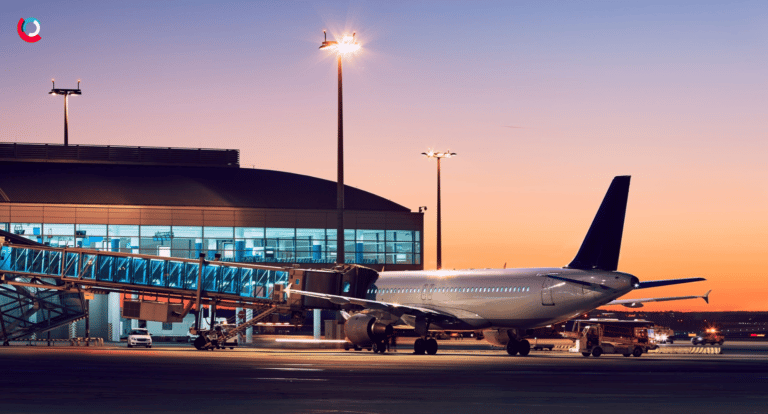By Samir Brahimi
Introduction
With the relaxation of COVID-19 lockdowns and entry rules in many parts of the world, there has been a surge in travel demand this summer. However, for many, hopes of a COVID-free summer have been replaced with scenes of chaos, especially in Europe where delays, cancellations, long queues and lost luggage are increasingly becoming the norm. Other parts of the world, including the United States (US), have also witnessed disruptions this summer, however, these pale in comparison to the situation in Europe.
Since the beginning of April, airlines have cancelled tens of thousands of flights across Europe and travellers have queued for hours at security checkpoints, passport control and luggage collection. The speed with which travellers have returned to the skies has caught some in the aviation industry by surprise, and while Europe is leading the way in terms of travel recovery, it is also miles ahead when it comes to disruptions. After COVID-19 entry rules were swiftly relaxed across the European Union (EU), demand for travel rebounded as many passengers planned their first trips in over two years. However, airports and airlines across Europe have been unable to deal with the sheer number of passengers for several reasons.
Chronic staff shortages are a key factor
During the height of the pandemic, almost 200,000 aviation workers in Europe were fired or made redundant, and as demand for travel has surged, airlines, airports and ground-handling companies have not been able to hire new staff to keep up with the demand. Recruitment drives are ongoing but are hindered by the nature of the often physically demanding and relatively low paid work. Lengthy vetting procedures and compulsory training for new staff in positions such as security and baggage handling also takes months, meaning recruitment will not solve the immediate problems facing airlines and airports.
Industrial action has also contributed to the problems as those workers who are still employed have launched a series of strikes to denounce pay cuts and poor work conditions. British Airways (BA), Scandinavian Airlines (SAS), Easyjet, Ryanair, Lufthansa, Transavia, Alitalia and Brussels Airlines are among the airlines which have so far been impacted by strikes.
Overstretched baggage handling companies have also resulted in an increase in lost items of luggage, so even when passengers do arrive at their destination their luggage may not arrive with them. Major hubs such as Heathrow, Amsterdam Schiphol and Frankfurt have forced airlines to cancel some flights in an attempt to prevent overcrowding inside terminals, where hours-long waiting times to pass security and passport control have become commonplace. It is these larger airports with complex operations which have been worst-hit, whereas smaller airports in Europe with more streamlined operations have been more resilient to the disruptions.
Heatwaves
The heatwave in Europe has exacerbated the situation even further. London Luton Airport operations were briefly suspended as a runway melted amid record-breaking temperatures in the United Kingdom (UK). The UK also suspended most domestic train services in the country as the rail infrastructure could not handle the extreme temperatures. Wildfires and high temperatures in other parts of Europe have also resulted in the deaths of thousands of people, as well as the closure of beaches, parks and other tourist sites. Climate change-related disasters have therefore become a further obstacle to travel in Europe this summer and are likely to become worse in the years ahead.
There appears to be no end in sight to the current chaos hitting the aviation industry in Europe. Airlines have already cancelled over 25,000 flights scheduled in August as a pre-emptive measure – with Europe accounting for at least 60 percent of those. However, that figure will rise even further as passenger numbers peak during the summer season. The vast majority of flights are still operating and are on time, and most passengers will eventually get to their destination.
Still, an increasing number of travellers are paying more than ever for a ticket and are more likely to not arrive at their destination, be delayed or lose luggage. PCR tests and vaccination certificates may have been scrapped for the time being, but the cuts imposed during the COVID-19 pandemic are still being felt today and will continue to obstruct the aviation industry’s recovery for the foreseeable future.
Summary
Staff shortages, strikes and extreme temperatures have contributed to travel chaos across Europe this summer as the aviation industry struggles to keep up with the demand for travel post-COVID.
Samir Brahimi is Riskline’s EMEA Team Leader.
